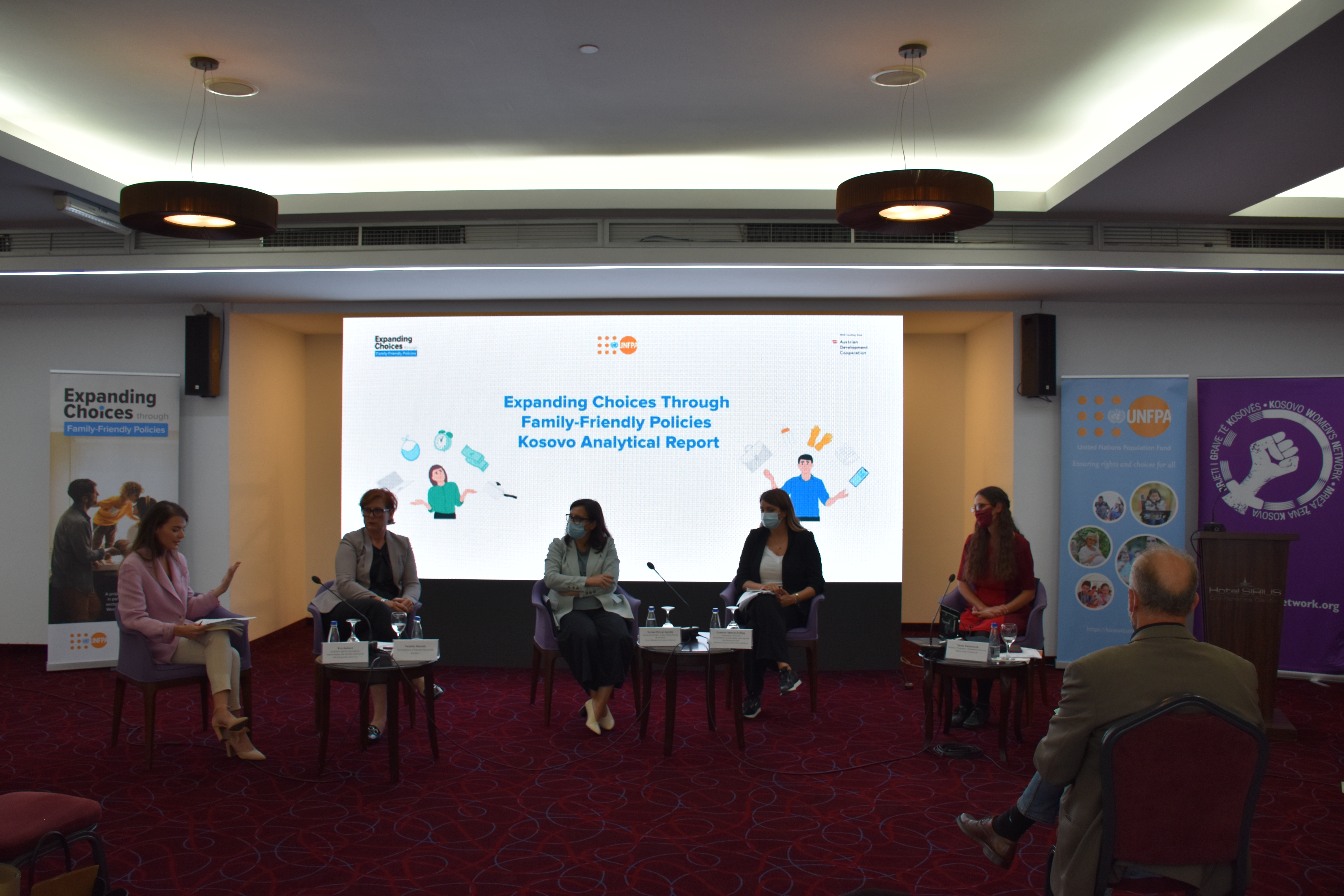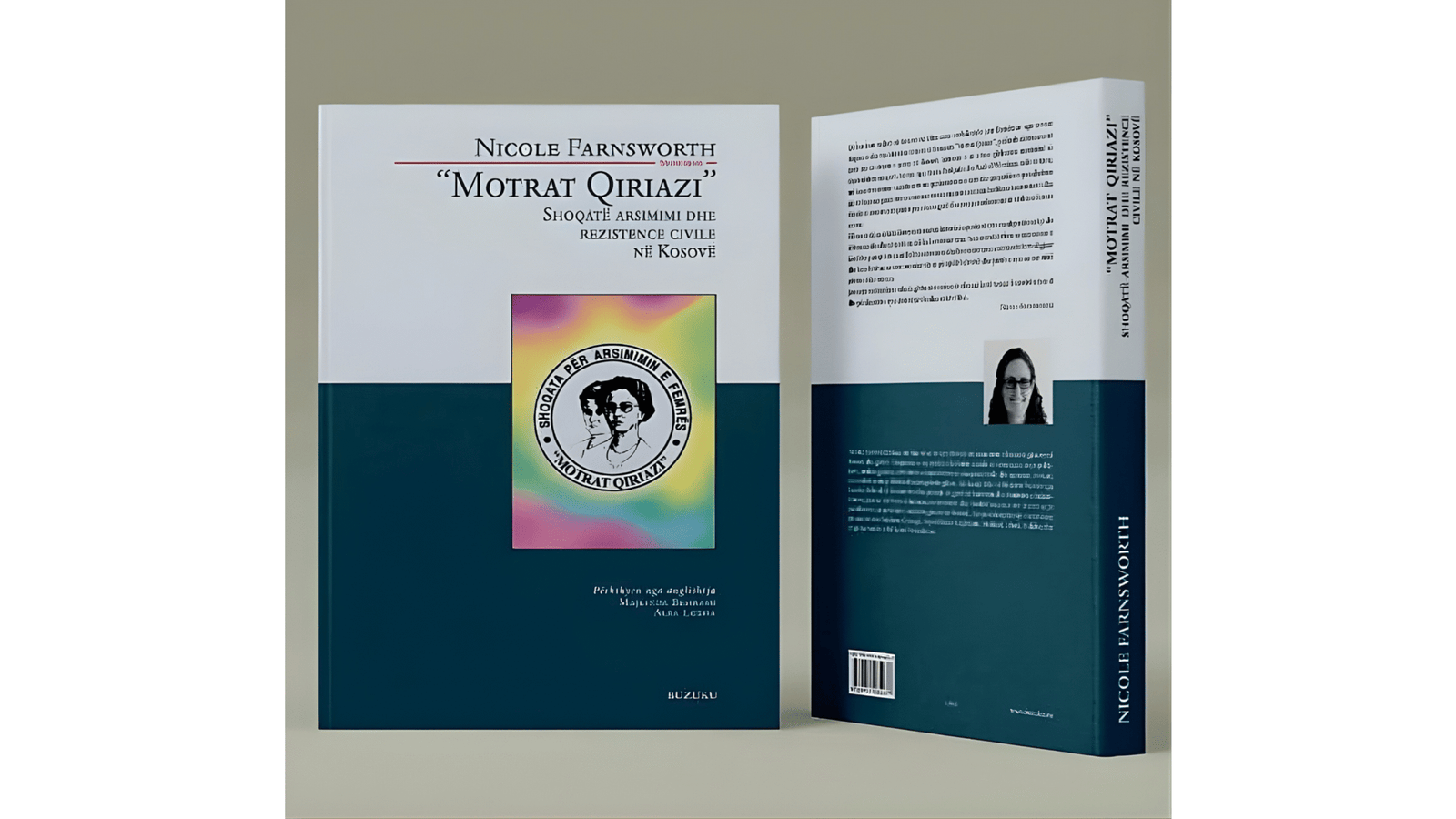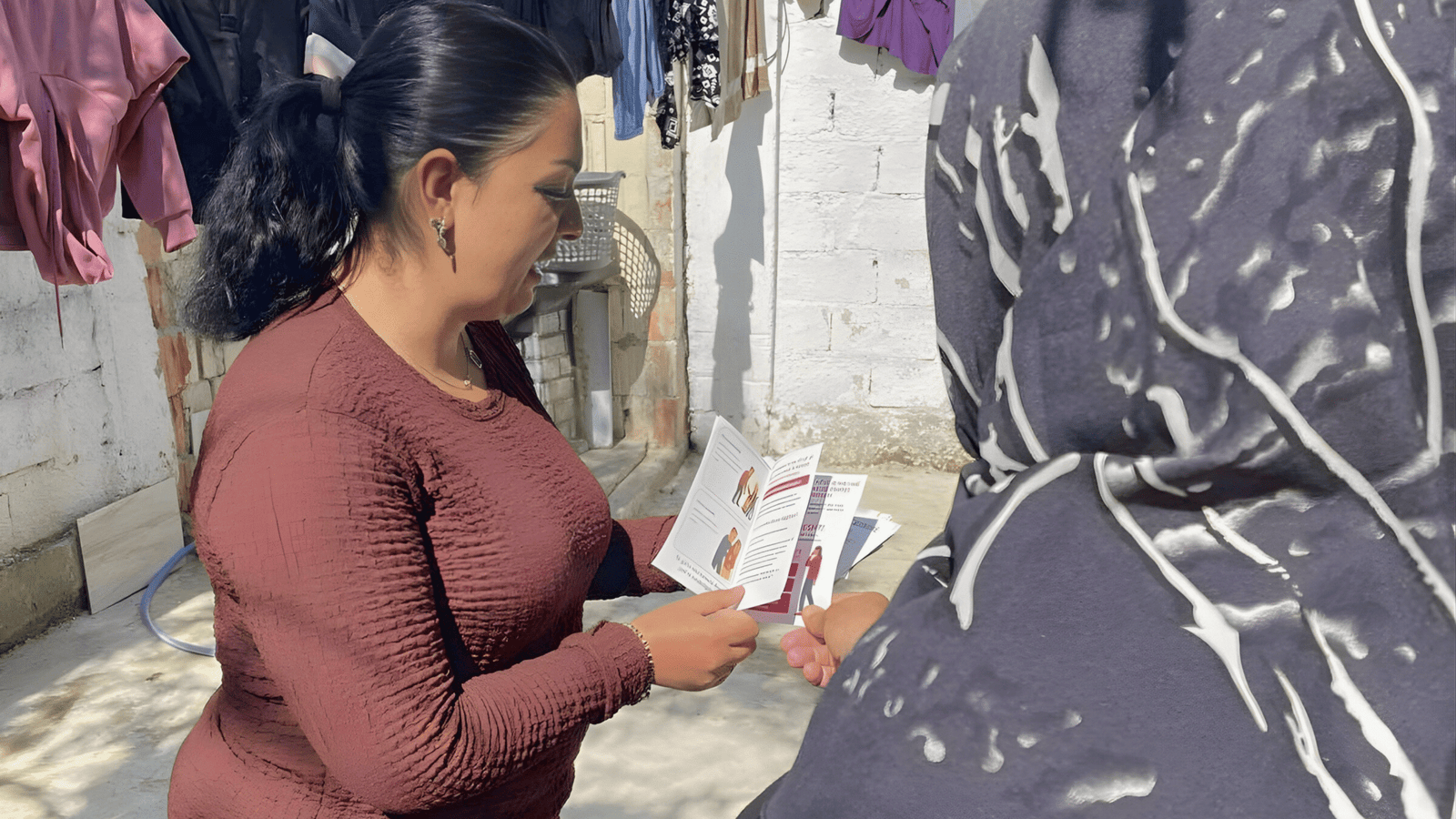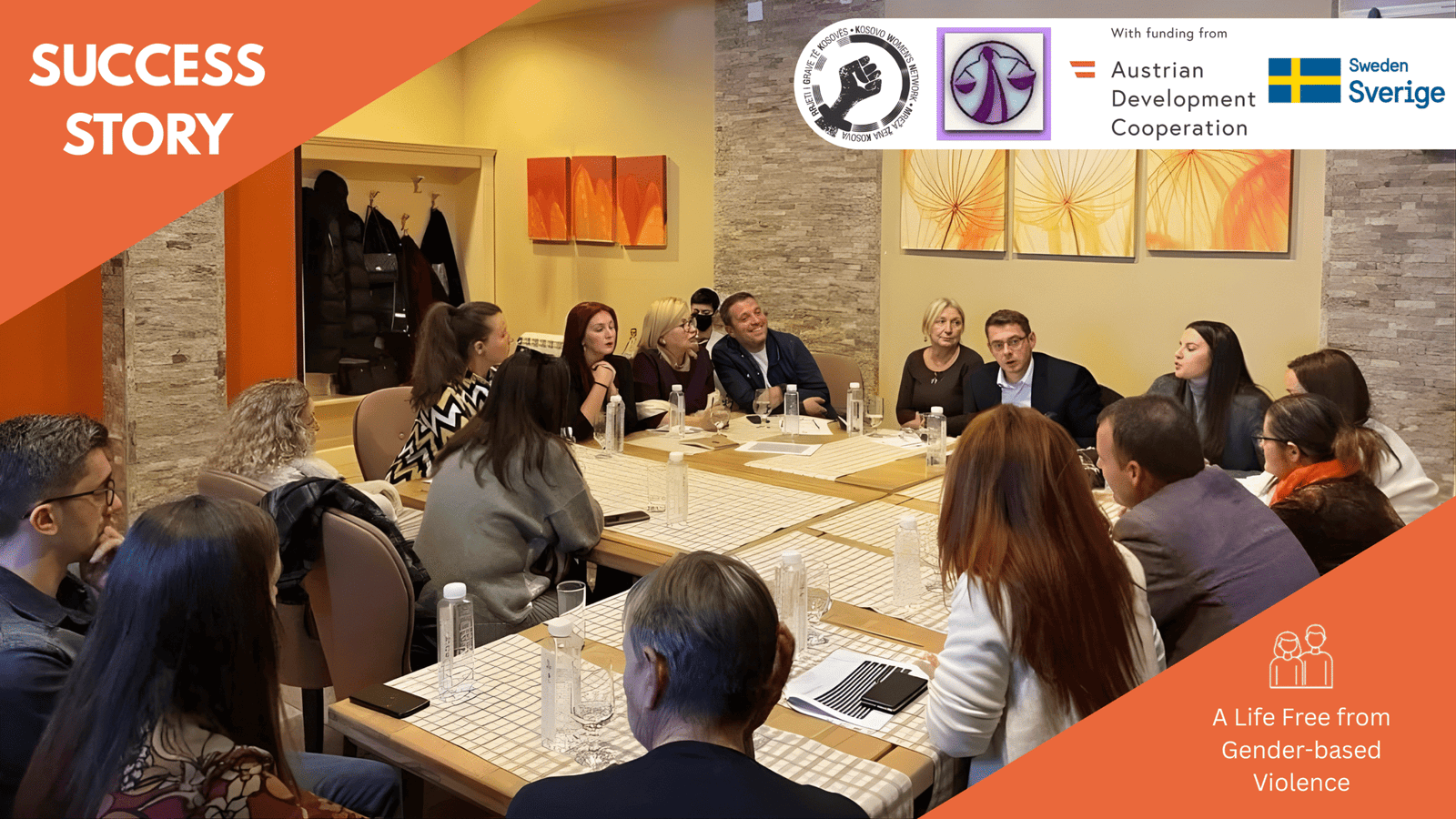The Kosovo Women’s Network (KWN) in cooperation with the United Nations Population Fund (UNFPA), on September 21 launched the report “Expanding Choices through Family-Friendly Policies”, which reflects the extent to which Kosovo has harmonized the framework with the European Union (EU) Work-Life Balance Directive.
This directive entered into force in 2019 and its main aspects deal with paternity leave, parental leave, care leave, as well as work flexibility for parents and carers.
The report addresses the impact that the Directive will have on the legal framework in Kosovo, given Kosovo’s obligations to harmonize its legislation with that of the EU, in accordance with the Stabilization and Association Agreement.
- The report launching involved a group of experts who discussed the possibility of implementing the recommendations in Kosovo, especially in relation to the ongoing revisions to the Labor Law.
Leunora Ahmeti-Zylfijaj, Head of the Division for Labour Relations, Social Dialogue, Safety and Health at Work, Ministry of Finance, Labour and Transfers explained the process of amending the Labour Law and opportunities for harmonizing it with the Work-Life Balance Directive.
“As for the directive for which the analytical report was made, at that time we received recommendations from experts that Kosovo should be prepared for a new directive, that will enter into force in the near future. We can say that at the current stage we have only transposed the main part of the directive into the Labour Law. However, we are still working on changing some parts of it, especially regarding the duration of temporary contracts. But, with the cooperation of civil society and their contribution, we will also include the necessary parts.”
Ahmeti-Zylfijaj stressed the Ministry’s interest in continuing cooperation with civil society during the process of finalizing the Labour Law.
Syzana Bytyqi Jagxhiu, Policy Officer, Education, Social Policies and Employment at the European Union Office in Kosovo encouraged the government to consider the report recommendations as they continue to work on the Labour Law. “I think it is a very good initiative given the situation of women in Kosovo,” she said. “The current law is implemented only in the public sector and it is good to take into account the recommendations and introduce them in the law before the Labour Law is approved.”
Further, Saxhide Mustafa, Coordinator of the Women’s Economic Forum, discussed the Forum’s contribution to prior policy discussions and gave recommendations for harmonizing the current law with that of the EU.
“There should be a balance of parental leave compensation and the burden should be removed from the private sector and transferred to the government. The government is opposing this, but I think that with some analysis they should reflect on this reality. We have to keep in mind that we have a workforce, and we have to see how to activate women in the labour market,” she said.
Offering a perspective from the private sector, Era Jashari, Adviser on PR, International Relations & Service Development at the Kosovo Chamber of Commerce emphasized the importance of the report recommendations being specified in employment contracts. According to her, the recommendations should be specified in the contracts and protected by law.
The transposition of this directive with the laws of Kosovo during the EU membership process directly contributes to improving the low participation of women in the labour force in Kosovo, given that only two in ten women are currently employed. It also helps fathers to play a greater role in children’s lives, and all of this helps transform traditional gender roles and relationships into a more equal society.
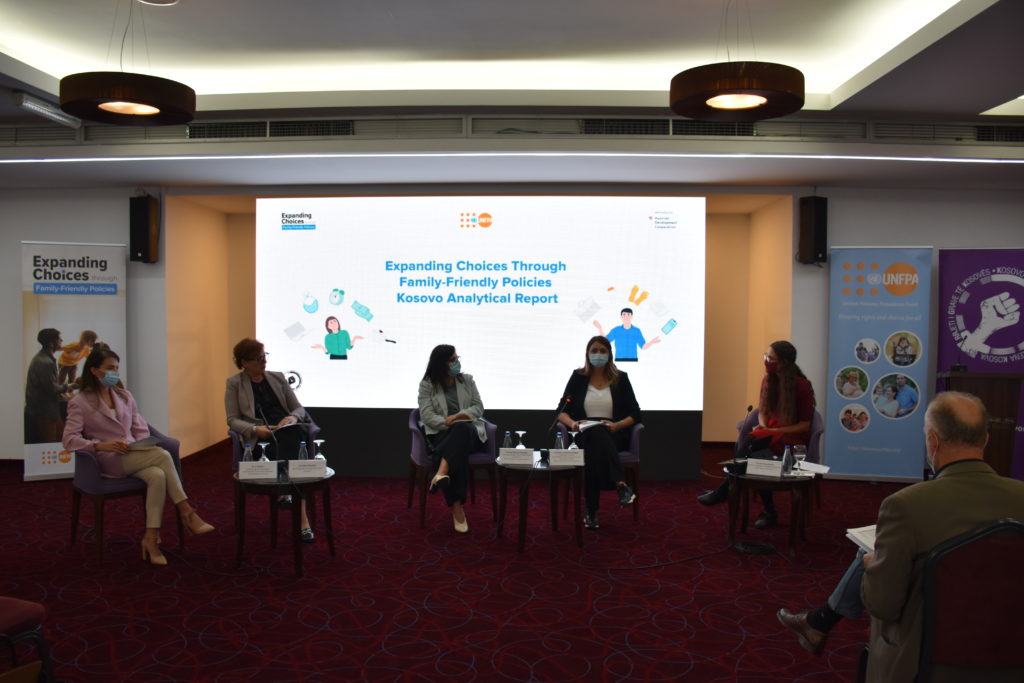
The author of the report, also a legal expert, David JJ Ryan presented the main recommendations of the report, which are the following:
- Increase paternity leave (minimum ten days).
- Provide parental leave for all parents (minimum four months).
- Ensure high wage replacement rates to achieve uptake amongst men.
- Consider financing family-related leave through a collective finance scheme to secure a fairer distribution of costs.
- Extend equal entitlements to all types of families.
- Introduce the right to carers’ leave (minimum five days).
- Develop flexible working arrangements for parent and carers.
KWN and UNFPA wrote this report with financial support from the Austrian Development Agency (ADA), the operational unit of the Austrian Development Cooperation.
The full report will be published soon on KWN’s website, in Albanian, English and Serbian.

